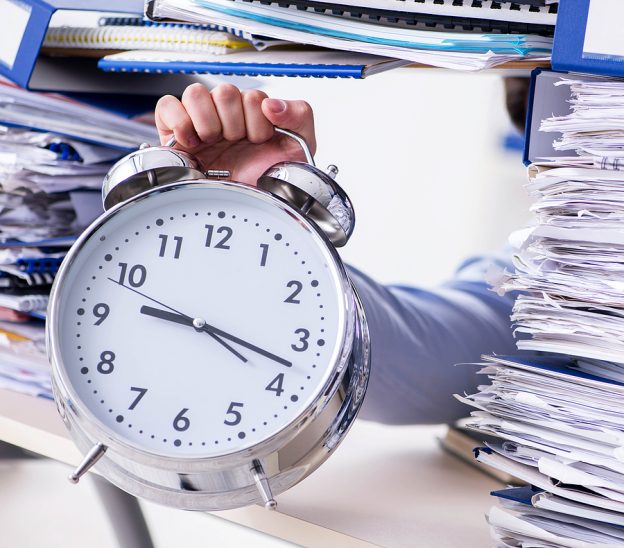
Most tax rebate claims are taking much longer than HMRC’s usual which is around eight to twelve weeks depending on your circumstances. There’s one simple reason why and it’s mostly down to the Coronavirus. HMRC’s workload has increased at an exponential rate since COVID-19 started.
There’s more work than can be done by the existing numbers of staff and emergency support packages had to take priority over their usual admin tasks which includes your tax rebate.
Obviously, this isn’t an ideal situation for anybody. Many individuals and businesses are counting on their tax rebates to help plug their cash flow gap, or invest in business essentials. It’s a serious matter. We know, we’re supporting our clients through it right now.
So, the tax refund delays are all down to coronavirus?
Sometimes, understanding the ‘why’ of a situation helps. HMRC have additional, new workloads because of two factors; coronavirus and Brexit.
COVID-19 and HMRC delays
The government’s economic support for taxpayers has all been, and continues to be, administered by HMRC. That’s all the packages designed to keep people going and help businesses survive this global pandemic:
- Coronavirus Job Retention Scheme (your furlough payments)
- Self-Employment Income Support Scheme which is now on its fifth tranche
- Eat Out To Help Out
- Additional Universal Credit payment
- Statutory Sick Pay Rebate
- Paying self assessment tax bills in instalments
All of these measures were designed and implemented quickly and successfully. But HMRC didn’t suddenly have a whole new batch of fully trained professionals to help them do this. They had the same amount of people to do a massive amount of extra work. Things like tax rebate processing and tax investigations had to be put on hold. And now they’re catching up.
It’s also worth remembering that HMRC are a department of real, human people. They’re applying around COVID-19 restrictions, working from home – some juggling childcare – just like you. And they had to get their heads around entirely new schemes so that they could help us through the necessary processes (at a time when everyone’s stress levels were, and still are, raised).
As these schemes taper to an end, more of HMRC’s staff can turn their attention to their usual work. Any new staff will help improve the situation, but only once they’re fully trained. You can’t do something properly and quickly until you’ve got a bit of experience.
Brexit and HMRC delays
HMRC have also been dealing with the red tape implications of Brexit. Basically, a lot of businesses based in other countries now have to fulfil bureaucratic obligations that didn’t apply to them prior to Brexit. And it’s HMRC’s job to administer this extra paperwork.
For example, a huge increase in VAT registration forms from other countries since the UK left the European Union. Previously, these businesses all traded without any red tape or this additional paperwork requirement.
In order to keep trade moving, this work is also a higher priority than their day-to-day tax system admin.
How has this affected HMRC’s customer service?
These two monumental factors have had a huge impact on HMRC’s customer service. And this is totally understandable. In emergency situations, other things have to give.
For example, HMRC’s average call answering speed in February 2021 (latest published figures) was 14 minutes 41 seconds, with 47.8% of callers waiting longer than 10 minutes before they were able to speak to an adviser. In February 2019, the average waiting time was six minutes and only 30.1% of callers were on hold for over 10 minutes.
In terms of tax refunds, individuals and businesses are starting to get increasingly frustrated by the extra-long delays. Especially when taxpayers are expected to pay their second payment on account by the end of this month. And considering that the interest charged on a late tax bill is 2.6%, compared with 0.5% interest HMRC owes you.
What does HMRC say about the situation?
An HMRC spokesperson said: “We’re doing all we can to process self assessment rebate claims as fast as possible and are sorry to any customers who have waited longer than they expected. We’re continuing to redesign our business to meet our customer demand needs in the most effective way, based on our available resource.”
Just like everyone else, HMRC staff are just doing the best they can in the situation they’re in. Delays don’t mean they don’t understand how important that tax refund cheque is to you.
They’re a consequence of an already depleted department, placed under immense strain during unforeseen circumstances. And it’s likely that it’ll take a bit longer before their pre-covid, pre-Brexit service will be back in play. Until then, keep talking to them, keep talking to us and we’ll all find a way through this together.







